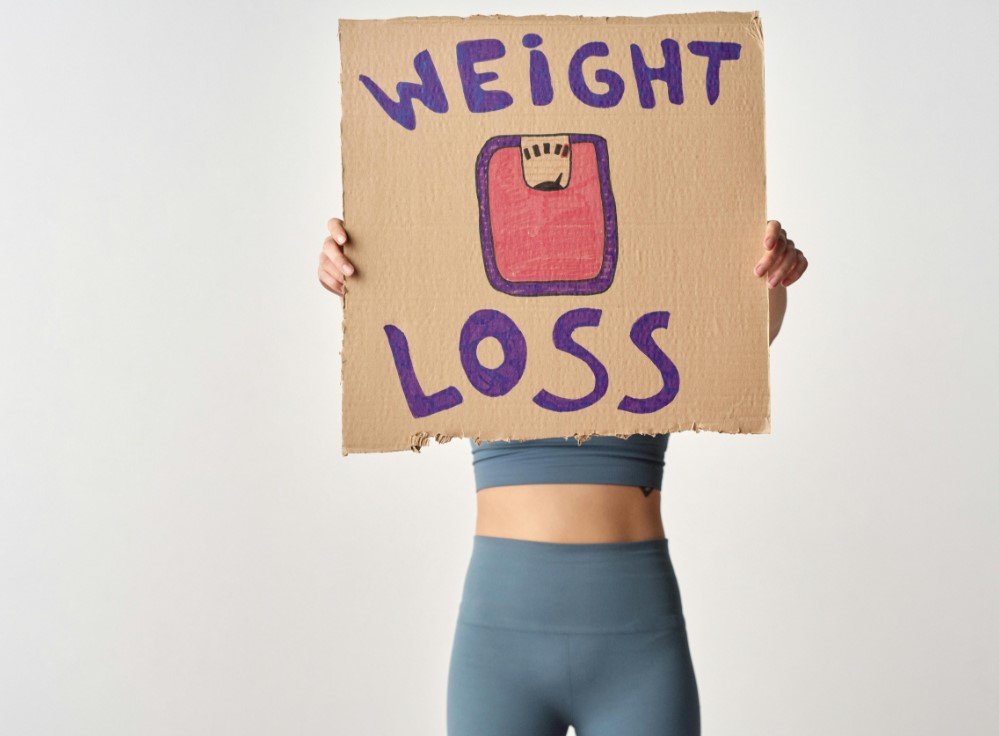A new weight loss trend on TikTok, dubbed “rice-zempic,” has caught the attention of millions, promising rapid weight loss through a simple concoction of rice water and lime. However, health experts are raising alarms about the potential risks associated with this diet. Dr. Masarat Jilani, a resident doctor at Jude, warns that consuming uncooked rice water can lead to food poisoning due to the presence of Bacillus cereus spores. This article explores the dangers of this trend and the broader implications for social media-driven health fads.
The “rice-zempic” trend has quickly gained popularity on TikTok, with influencers like Monika Monroe sharing their recipes and weight loss journeys. Monroe’s video, which has amassed over 2.2 million views, describes mixing one cup of uncooked rice with one cup of hot water and the juice of half a lime. She claims that drinking this mixture first thing in the morning helps shed up to two pounds daily. However, experts caution that such claims are not only exaggerated but also potentially dangerous.

Dr. Jilani explains that uncooked rice can harbor Bacillus cereus, a bacterium that can cause food poisoning. Symptoms include nausea, stomach cramps, and diarrhea, which can occur within hours of consumption. The risk is compounded by the fact that many TikTok users may not strain the rice water adequately, leading to the ingestion of rice grains that are difficult to digest and can cause bloating and gas. The addition of lime juice, while seemingly harmless, can exacerbate conditions like interstitial cystitis due to its high acidity.
Health Risks and Misconceptions
The health risks associated with the “rice-zempic” trend highlight a broader issue with social media-driven health fads. Many of these trends are based on anecdotal evidence and lack scientific validation. Dr. Jilani emphasizes that while resistant starch in rice water can act as a prebiotic, promoting healthy gut bacteria, the same benefits can be obtained from safer alternatives like cooked and cooled potatoes. These alternatives do not carry the risk of bacterial infection and are easier for the body to process.
Moreover, the weight loss claims associated with “rice-zempic” are likely due to the low-calorie nature of the concoction, which replaces a meal and reduces overall calorie intake. This approach to weight loss is unsustainable and can lead to nutritional deficiencies. Dr. Jilani advises individuals to seek evidence-based methods for weight management, such as balanced diets and regular exercise, rather than relying on unverified social media trends.
The Role of Social Media in Health Trends
Social media platforms like TikTok have become powerful tools for disseminating health information, but they also pose significant risks. The viral nature of these platforms means that unverified and potentially harmful health trends can spread rapidly. Influencers, while well-intentioned, may not have the expertise to provide accurate health advice, leading to the proliferation of dangerous practices.
To combat this, healthcare professionals and organizations must engage with social media to provide accurate and evidence-based information. Public health campaigns can leverage the reach of platforms like TikTok to educate users about the risks of unverified health trends and promote safe practices. Additionally, social media companies have a responsibility to monitor and regulate content that poses health risks, ensuring that users have access to reliable information.
Moving Towards Safe Health Practices
The “rice-zempic” trend serves as a reminder of the importance of critical thinking and skepticism when it comes to health information on social media. While the allure of quick fixes and miracle diets is strong, individuals must prioritize their health and safety. Consulting healthcare professionals and relying on evidence-based practices are essential steps in achieving sustainable health outcomes.
As social media continues to influence health behaviors, it is crucial for users to be discerning and cautious. By fostering a culture of informed decision-making and promoting reliable health information, we can mitigate the risks associated with viral health trends and ensure that individuals make choices that support their well-being.
















